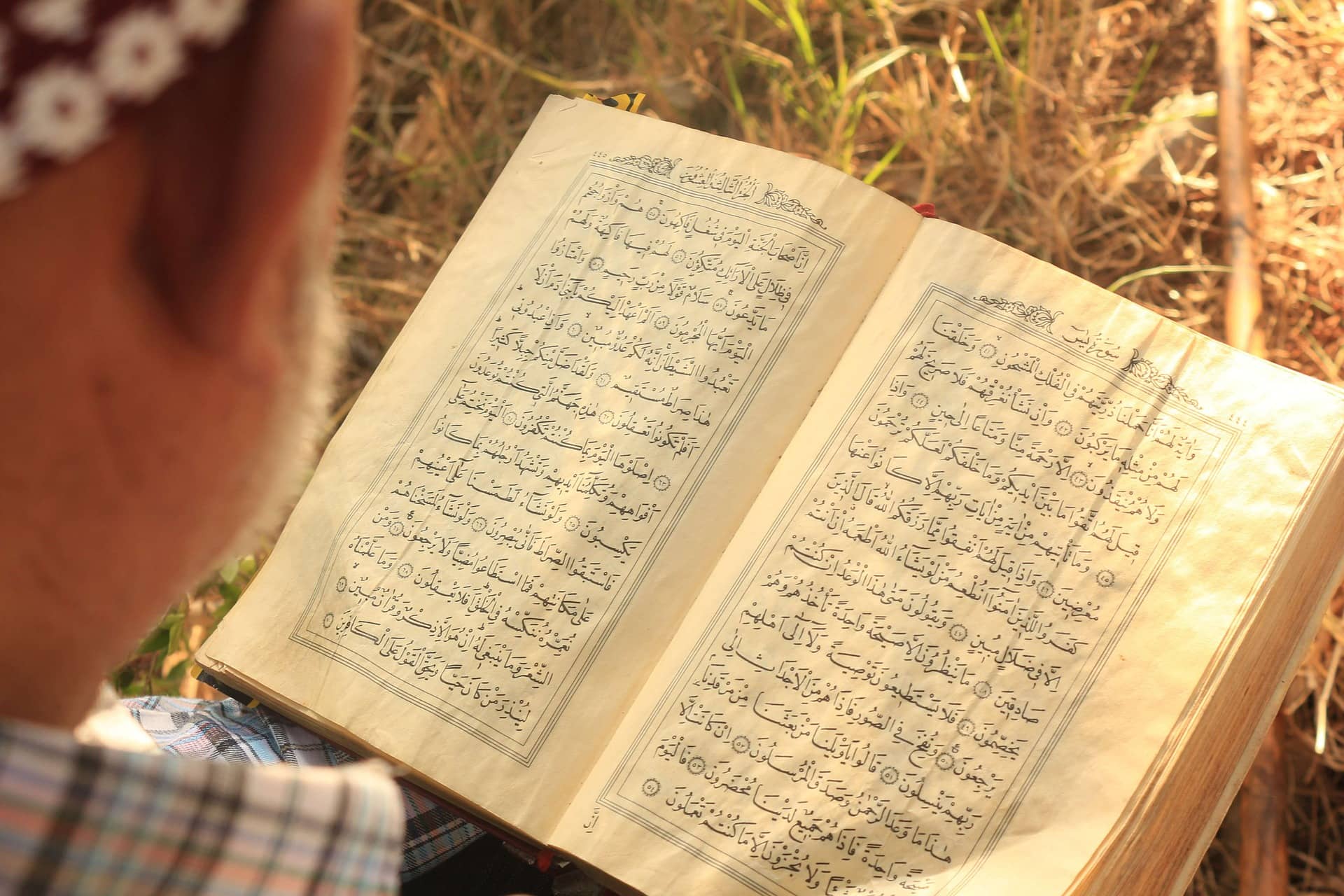The Mumbai bombings occured hours after at least eight people were killed in grenade attacks targeting tourists in Srinagar, Kashmir's summer capital.

1) What is the religious composition of India?
According to the CIA’s “World Factbook,” India’s religious makeup is: Hindu, 80.5%; Muslim, 13.4%; Christian, 2.3%, Sikh, 1.9%; other, 1.8%; unspecified 0.1%. India’s Muslim population—more than 140 million—is the world’s second-largest after Indonesia.
2) What are the roots of Islamist terrorism in India?
Sectarian and religious conflicts have long plagued India. In 2002, militant Hindu nationalists in Gujarat state, which borders Pakistan, killed hundreds of Muslims, who in turn besieged a Hindu temple and attacked a train carrying Hindu pilgrims, killing dozens of people.
But the deadly violence today in Mumbai (formerly Bombay), south of Gujarat on India’s western coast, is apparently motivated by the longstanding feud between Muslim-dominated Pakistan and Hindu-dominated India over the majority Muslim territory of Kashmir, currently under Indian control. Militant Kashmiri separatist groups, who seek to end India's control of Kashmir, have claimed responsibility for a number of bombings in Mumbai, including March 1993 bombings in which more than 250 people died, and twin car-bombings that killed 53 people in August 2003. They were also responsible for an attack on the Indian parliament in Delhi in 2001.
3) Are Islamist terrorists in India connected to Al-Qaeda?
There is no definitive answer to this question.
Historically, India has endured terrorism and insurgencies since its independence from Great Britain and partition from Pakistan in 1947.
Since the attacks of Sept. 11, 2001, terrorism experts have differed over the question of whether Al-Qaeda has made inroads in India. In 2002, for example, USA Today reported that U.S. intelligence officials and foreign diplomats believed Al-Qaeda and Taliban members were helping to “organize a terror campaign in Kashmir to foment conflict between India and Pakistan.”
In the wake of the July 11, 2006, Mumbai bombings, terrorism experts cited similarities to the Madrid train bombings of 2004, and one expert, Sajjan Gohel, described the Mumbai attacks as “hewing to the Al-Qaeda school of thought.”

